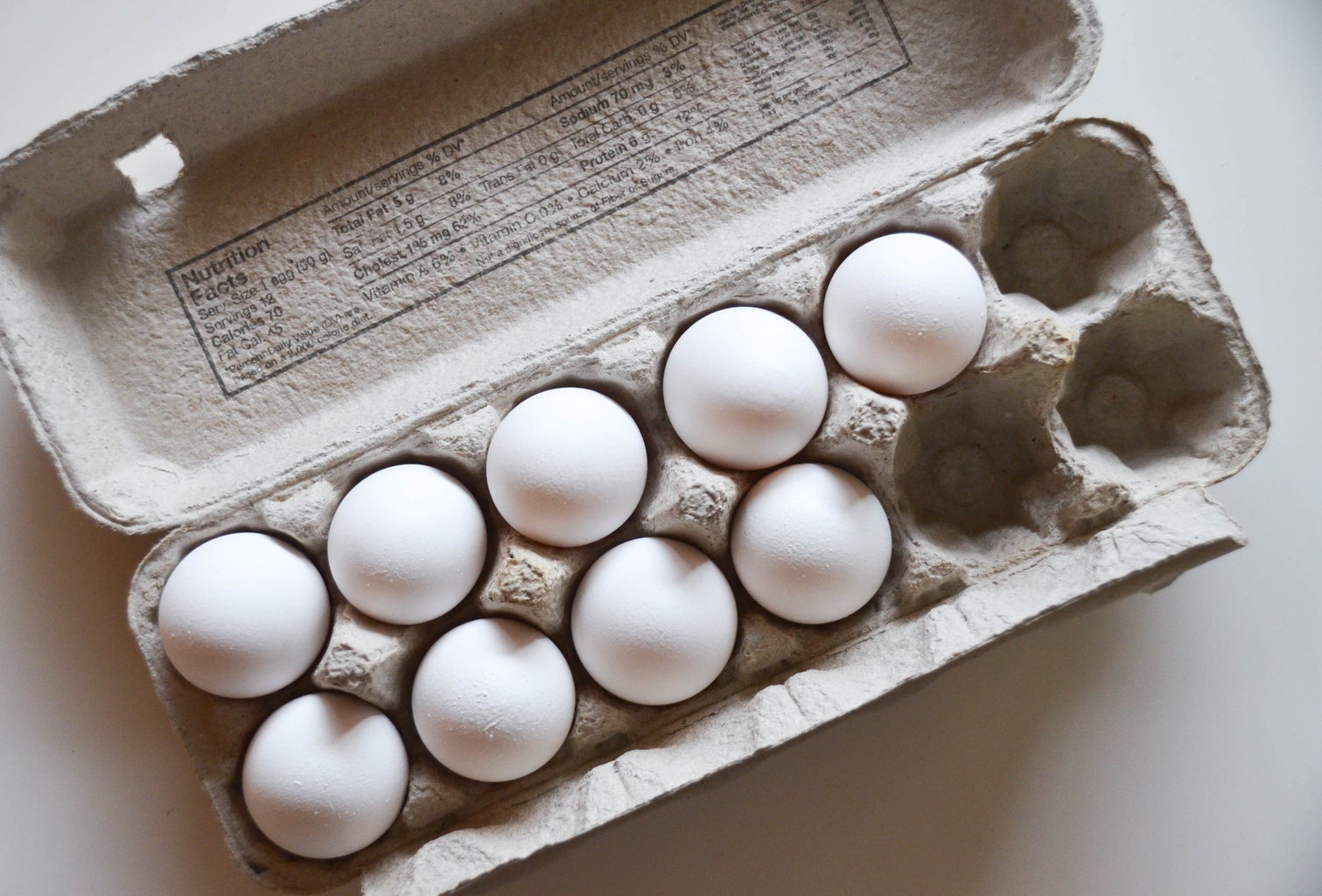What usually catches my eye during my weekly trip to Trader Joe’s is the plethora of seasonal products (at this time of year, it’s their butternut squash mac and cheese for me). But my last grocery trip was different. What stuck out to my roommate and I were the “fertile” eggs. Stocked in the normal egg zone, they looked exactly like the “non-fertile” eggs, so what was different about them? We went back and forth, trying to figure out if “fertile” meant the same thing as “fertilized.” Could these eggs potentially hatch into baby chicks? A TJ’s crew member overheard our conversation and assured us that “fertile” meant that these eggs could be fertilized, but had not been fertilized, whatever that meant. Nonetheless, we were satisfied with his clarification, so my roommate settled on the fertile eggs.
Later that day, after tetris-ing our grocery haul into the fridge, I was still curious, so I googled fertile eggs. To my surprise, and contrary to the crew member’s reassurance, the “fertile” in fertile eggs does in fact mean fertilized. We had been misled. According to foodandnutrition.org, fertile eggs contain both male and female genetic material. It does not make sense that they are labeled as fertile rather than fertilized.

This led me down a deep, dark hole of the egg fertilization process. According to raisinghappychickens.com, there are usually one or two hens who the roosters favor over the rest of the flock. Unfortunately for these chosen hens, the roosters will mate with them excessively, causing the hens to suffer from injury and loss of feathers. The mating process can leave a hen with “damage to her skin and a loss of feathers on her back and neck.” Hens have to go through all of this just so Trader Joe’s can sell fertile eggs? Remember, this is for hens who aren’t even subject to the horrors of factory farming; these are hens who are supposed to be roaming free.
The benefits of fertile eggs must outweigh the harm that the process inflicts on hens, right? Not exactly. According to Nola.com, “not only are fertile eggs no more nutritious than non-fertile eggs, they also have a shorter shelf life.” So if they aren’t more nutritious, what is the benefit to eating fertile eggs? Well, according to USDA’s Food Safety and Inspection services, “there is no benefit in eating fertilized eggs.”
My dream is for hens to be able to roam free, in a rooster-less environment, laying non-fertile eggs to their hearts’ content. But even if I choose to never eat fertile eggs in a hopeful attempt to lessen the fertile egg demand, all the other animal products in my diet still cause harm to animals. I may have to revisit my 2016 vegan phase and start eating whole honeydew melons for dinner again. That will have to be after I finish the grilled chicken in my fridge. And maybe I’ll try a fertile egg or two just to see what all the hype is.



